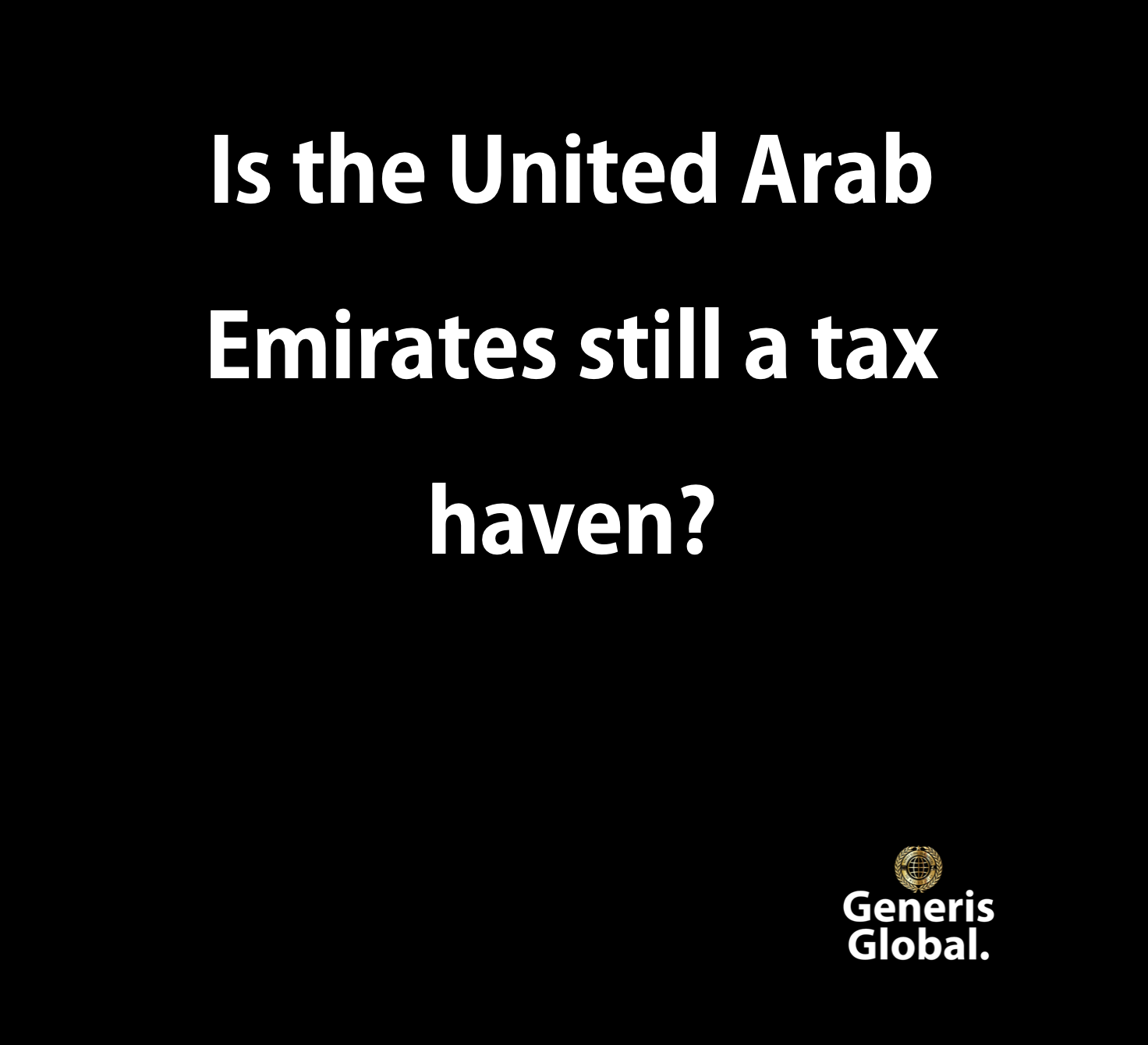The United Arab Emirates is well-known for being a tax-free nation. Businesses in the United Arab Emirates have enjoyed tax-free status for decades. The introduction of Value-Added Tax (VAT) in the year 2018 has, on the other hand, been innovative. Not only was the VAT system established in the UAE, but it was also applied in the majority of GCC nations.

Companies have had to adjust to the new taxes system as a result of the country’s new taxing regimes being implemented. The businesses must be in compliance with the UAE Federal Tax Authority and reduce their value-added tax by 5 percentage points (VAT). Companies are also expected to submit all of their tax returns in a timely way and to keep all of the documents required by the tax authorities.
So, does this imply that the United Arab Emirates is no longer a tax haven for companies and commercial organisations to operate in?
The nation is unquestionably still a tax haven for companies looking to establish a presence in the United Arab Emirates. A number of companies choose the United Arab Emirates as their preferred location because it allows them to route their cash via tax havens rather than paying large sums of money in tax-intensive nations.
There is no question that businesses in the UAE must keep up with the constantly changing tax regulations. Even after the introduction of VAT in 2018, Dubai and other areas of the UAE will very likely continue to be tax-free in many respects.
Because VAT is levied on both products and services, it will be the end-users who will be responsible for paying the VAT. This will not have a significant impact on companies other than in terms of accounting.
Prices for products and services may rise, but it is ultimately up to the supply chain to decide and deal with competition, which may be offset by increased revenues from the end user.
The implementation of VAT will have little impact on business earnings, and there will be no taxes on income or wages in the nation as a result of the implementation of VAT.
When compared to the majority of nations in the UAE, the rate of VAT levied in the country is much lower.
The UAE Federal Tax Authority has also taken advantage of the zero-rate VAT regime to benefit a number of businesses and suppliers.
Some of the most basic goods that are essential to the everyday life of the average person in the UAE are also entirely free from the country’s VAT regime.
With the VAT system in the United Arab Emirates, governments have also only imposed an excise tax on goods that are discretionary and would not have a significant impact on the lowest socioeconomic strata of society.
According to the Federal Tax Authority of the United Arab Emirates, taxable enterprises and businesses must ensure that the application of tax would be considerably faster and more thoroughly proofed than in the past. Nonetheless, the above-mentioned considerations outline how the UAE will maintain its tax-free reputation and how the nation will continue to be a tax haven for commercial enterprises going forward.
